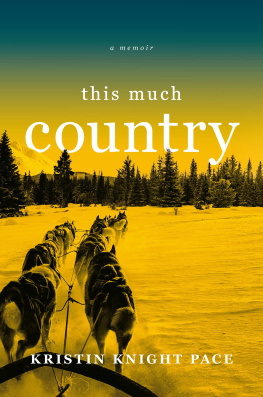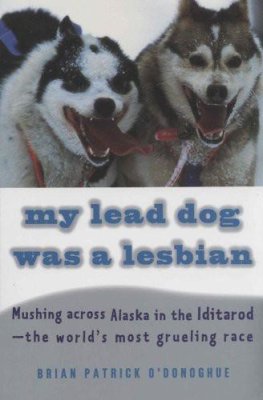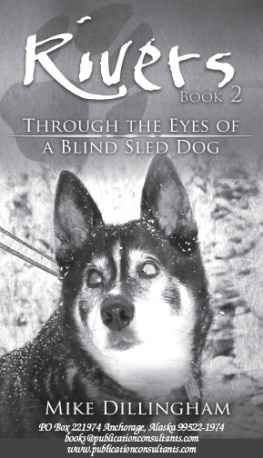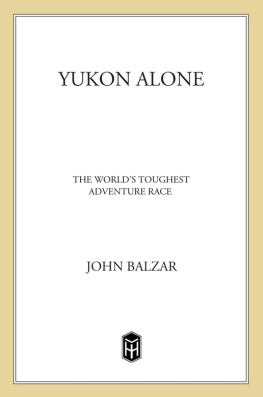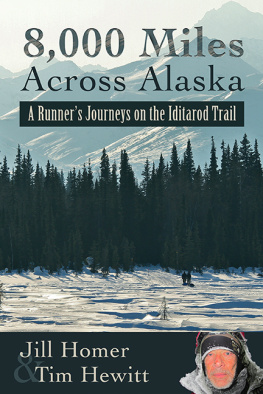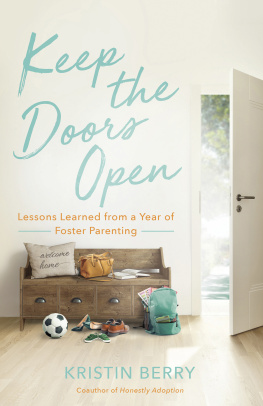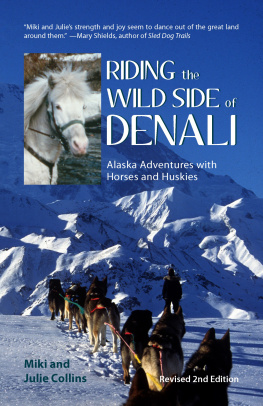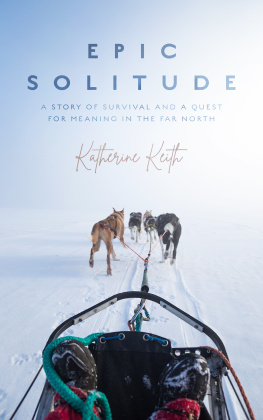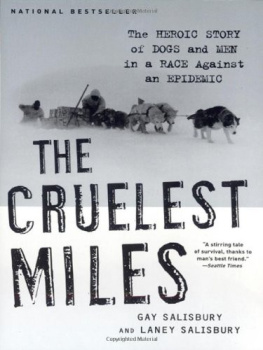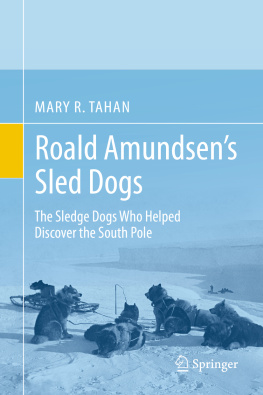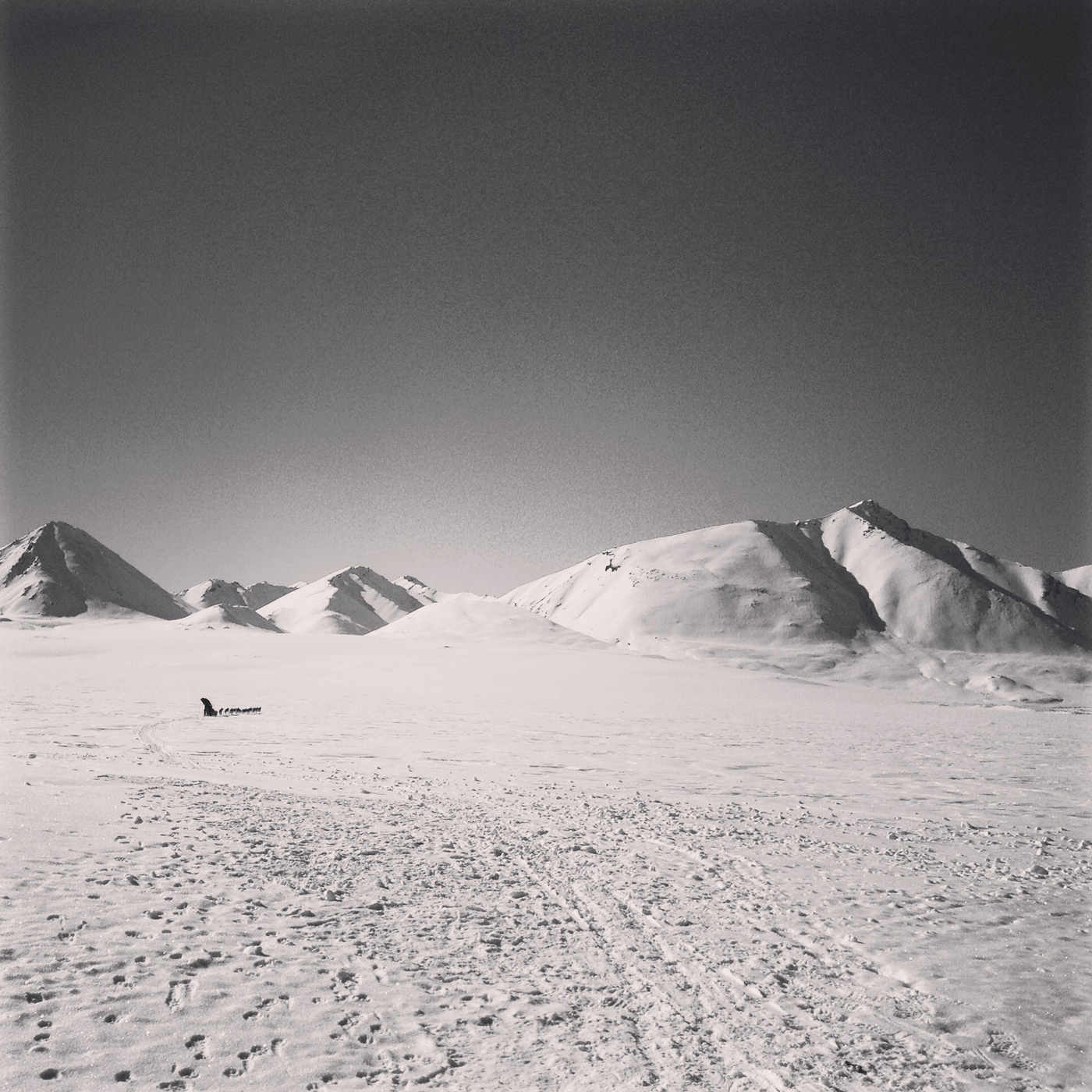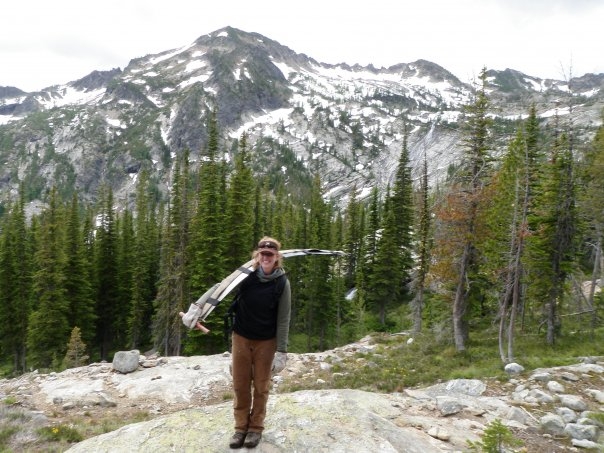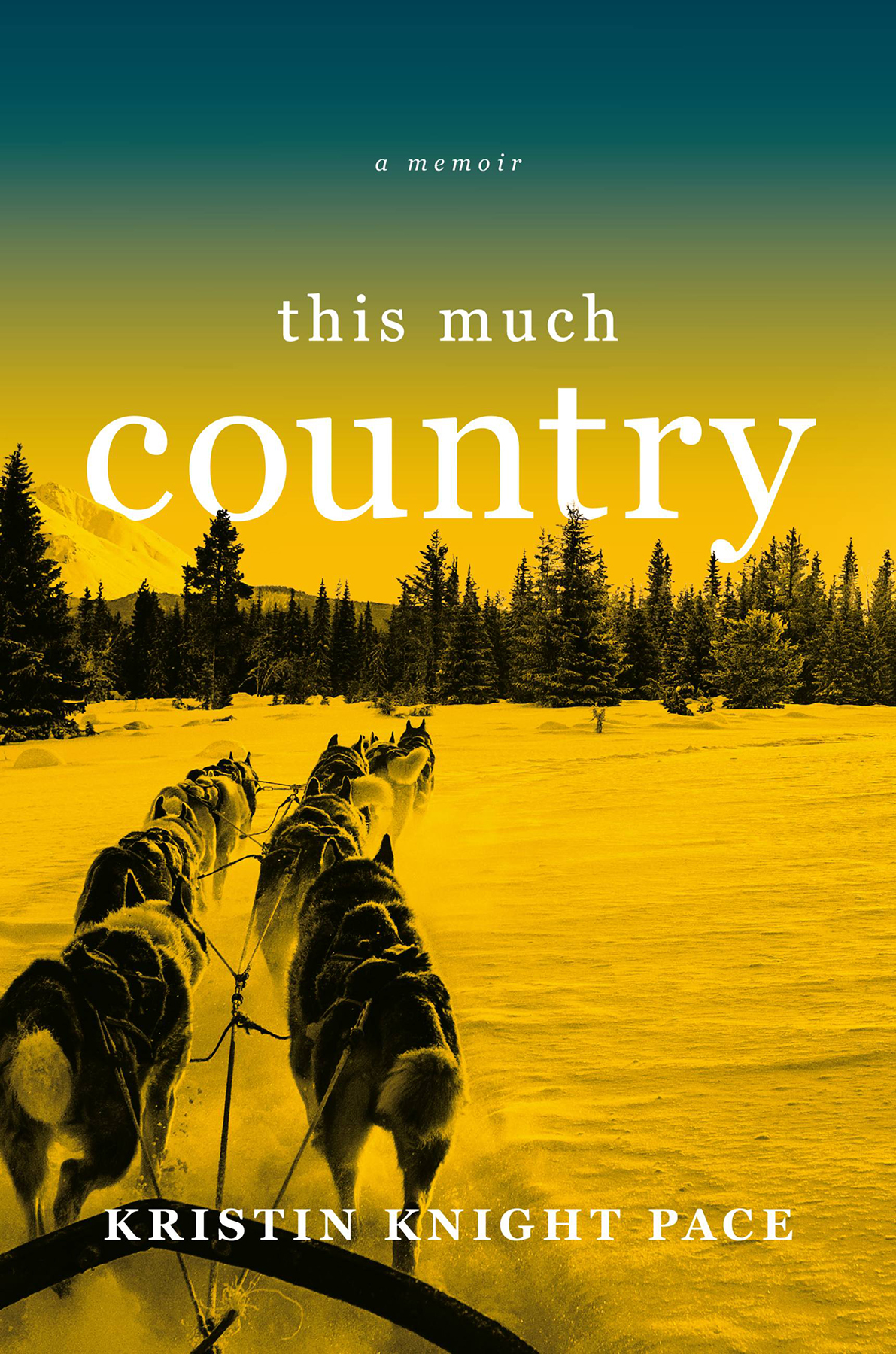
This memoir reflects the authors life faithfully rendered to the best of her ability. Some names and identifying details have been changed to protect the privacy of others.
Copyright 2019 by Kristin Knight Pace
Cover design by Brian Lemus
Cover image Alexander Palm/EyeEm/Getty Images
Cover copyright 2019 by Hachette Book Group, Inc.
Hachette Book Group supports the right to free expression and the value of copyright. The purpose of copyright is to encourage writers and artists to produce the creative works that enrich our culture.
The scanning, uploading, and distribution of this book without permission is a theft of the authors intellectual property. If you would like permission to use material from the book (other than for review purposes), please contact permissions@hbgusa.com. Thank you for your support of the authors rights.
Grand Central Publishing
Hachette Book Group
1290 Avenue of the Americas, New York, NY 10104
grandcentralpublishing.com
twitter.com/grandcentralpub
First edition: March 2019
Grand Central Publishing is a division of Hachette Book Group, Inc. The Grand Central Publishing name and logo is a trademark of Hachette Book Group, Inc.
The publisher is not responsible for websites (or their content) that are not owned by the publisher.
Artist credit: Sarah Glaser
Library of Congress Cataloging-in-Publication Data has been applied for.
ISBNs: 978-1-5387-6240-0 (hardcover), 978-1-5387-6239-4 (ebook)
E3-20190630-PDJ-PC-DPU
For Mom and Dad
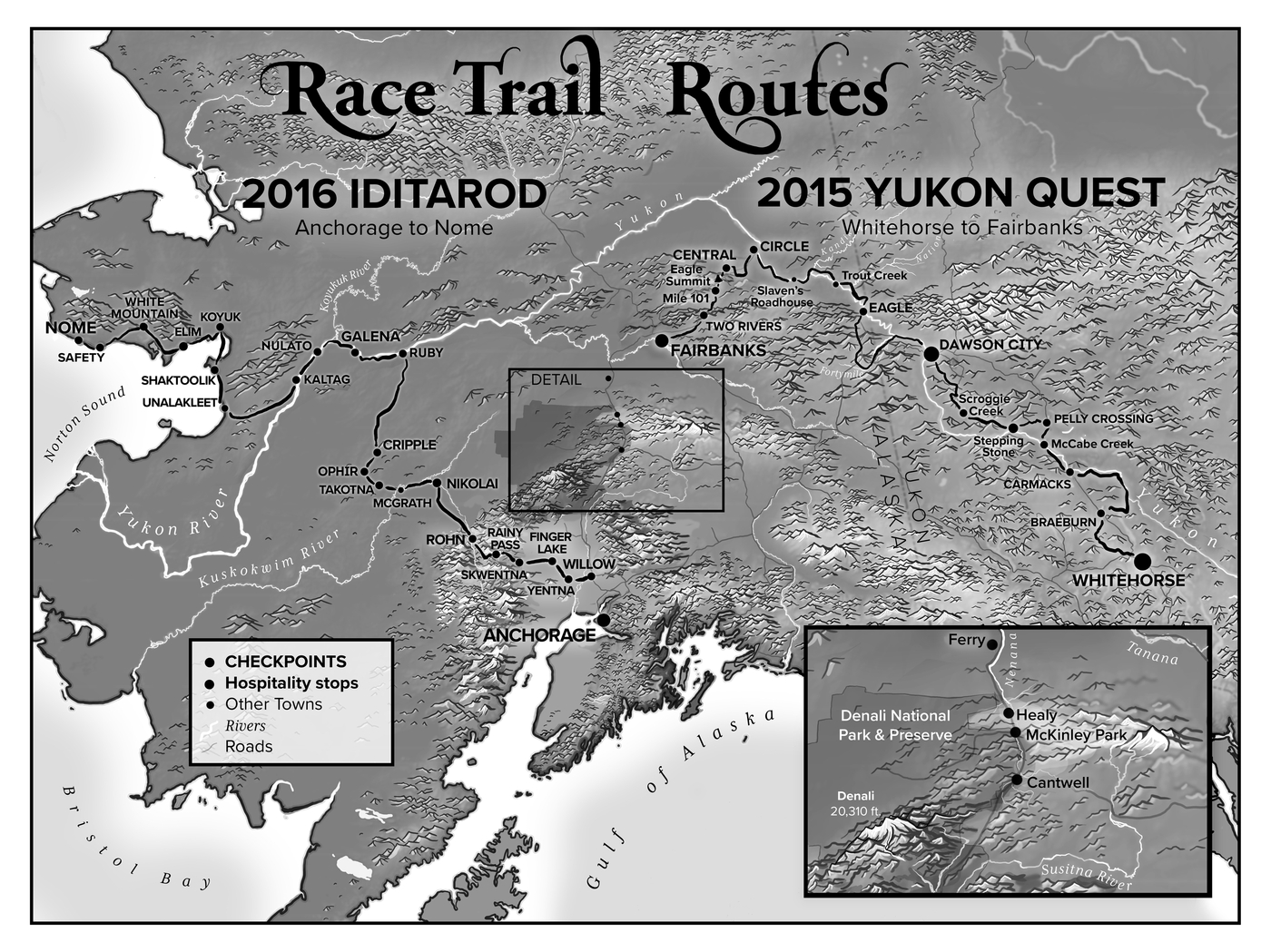
W here Woodchopper Creek met the Yukon River, blown snow whipped across the ice like big white sheets curling and unfurling on a mile-long clothesline. Trail markers lay like fallen soldiers, splintered by the dogsleds that had come through before me. We were traveling on the frozen Yukon River, and I was in the first stages of a gripping panic. Miles ago, Lance and his team had been just ahead of me. But now they were a long, dark ghost in the far distance, already across the entire river valley from us. The next team was a day behind us, and the trail was disappearing. At the head of my twelve-dog team, my lead dog Solo hopscotched from one patch of snow to the next, linking them together over slippery, wind-polished glare ice peppered with sharp shale. His nose was to the ground as he sniffed for the scent of teams who had come before us, giving him hints about where to go. But the wind was blowing away their trail one gust at a time. It was a chinookincessant and warm, heralding a new weather system that was sweeping in and erasing the extreme cold of the past week. My giant white windbreaker flapped loudly, whipping against my body, catching air like a sail. But as we hugged turns in the river and thus became sheltered from the wind, last weeks remnant 40F cold seeped up from the Yukona bitter reminder of the fickle flux of this place. Alongside the frozen ramparts of jagged, jammed-up ice, the dogs ears perked up and they stared down at the trail. Out of the wind, it was quiet enough that they could hear water pulsing a few feet below us, under the ice. It was frightening, and I imagined my sled crashing through the ice and falling into the river. And now that Lance was leaving me behind, there would be no one to help us. Ahead, the Yukon was a cracked and expansive sea, claiming the entire landscape.
As Lances team surged and disappeared into the distance, my team kept stopping for one reason or another. The dogs found prior teams snacks on the ground and stopped to chew them out of the ice. They mouthed their booties, ripping off the Velcro fasteners, and the booties had to be replaced. They played with their partners and then got tangled. I became unreasonably short with them, telling them we needed to keep up. I began panicking about falling too far behind and being alone. The more I worried, the less motivated the dogs became. I stopped and pulled on my parka, realizing a reset was needed as the insidious cold infiltrated my layers. Attitude was everything, and I knew that I needed to believe in my dogs. And seven hundred miles into a one-thousand-mile race, I had no reason not to. We had all gotten ourselves this far, hadnt we?
As the sun descended behind a gunmetal wall of lenticular clouds, shards of light glowed on the distant mountains behind us. But for us, it would be into the dark. Into the clouds and into the wind. For us, it would never be the easier of two ways. Hadnt I learned by now that nothing worth doing was easy? The dogs faced forward as another gust ruffled their fur. They were silent, patient, composed, self-possessed. They were on an adventure. They were on a new trail. They were not scared. I looked at my sled and saw that it had everything we needed to survive out here. Everything I had learned in an entire lifetime was within my power. I was capable. We needed no one.
I stood on the runners of my sled and looked forward. I snugged my fleece neck gaiter up around my nose and it smelled like my unbrushed teeth, raw meat, dog shit. Before us stretched some of the most lonesome country on earth. It was huge and thrilling, and we were a part of it. An understanding rippled like a current from the dogs to me, and from me back to them. Without a word, they jolted forward, leaning into their harnesses as we glided into the coming night. The only witnesses to our silent transformation were the wolves who traveled wraithlike on the periphery, welcoming us in their way to a lone wildness.
B efore there was Alaska, there was Alfred.
I was eighteen years old and madly in love with a boy Id never met.
The first thing I loved about Alfred was his handwriting. The angular letters written by a mans hand that spelled out my name. The sign-offs in swift, half-print half-cursive. The whimsical, swaying A. After six months of letter writing, the envelopes now came addressed to hilarious nicknames: Kristin Strawberry Thunder Knight. Kristin Big Panties Knight. Id rush to the door every day when the mailman came, hoping to see a letter addressed to me from Montana, and later, Washington. Craving the next dispatch of a vagabond lifestyle I had never known. I was a senior in high school who lived with my siblings and my parents in the suburbs in Fort Worth, Texas. And Alfreds stories of getting drunk and crawling into manholes with his buddies, running from the cops in purple climbing shoes, competitively racing mountain bikes in the Cascades, and climbing peaks in Glacier National Parks majestic backcountry painted the picture of a life I wanted to experience. He pulled me in like a magnet.
Heres what I knew of Alfred: He was five years older than me. He loved the Montana sky. He was Native Americanhis mother was Tlingit and his father was Siouxand he had brown hair and heavy-lidded, blue-green eyes. He was self-conscious about the eczema that dappled his abdomen and about the extra weight he had gained over the winter but confident about his sense of humor and his outdoor skills. He had tattoos that were intricate and meaningfulparts of his heritage. He had friends who let him sleep on their couch and they had a weekly poker game. They called him Fredo.
Next page
